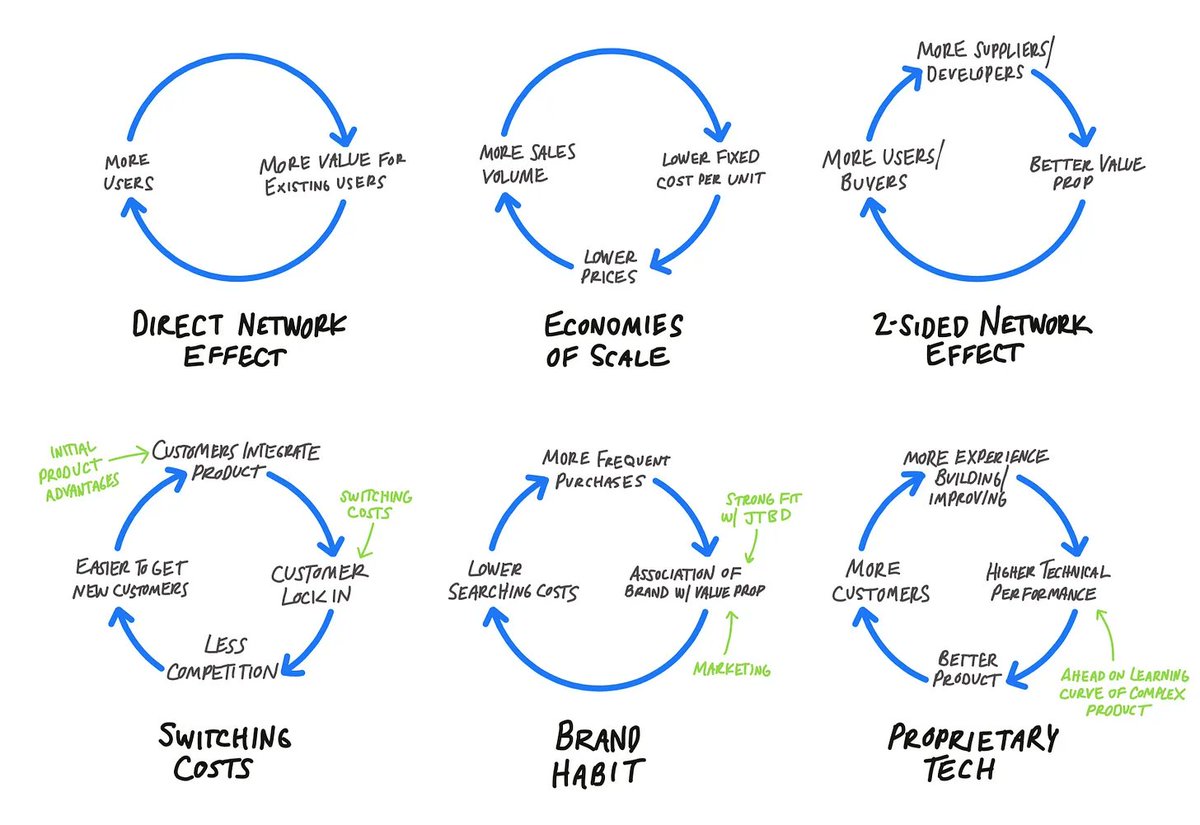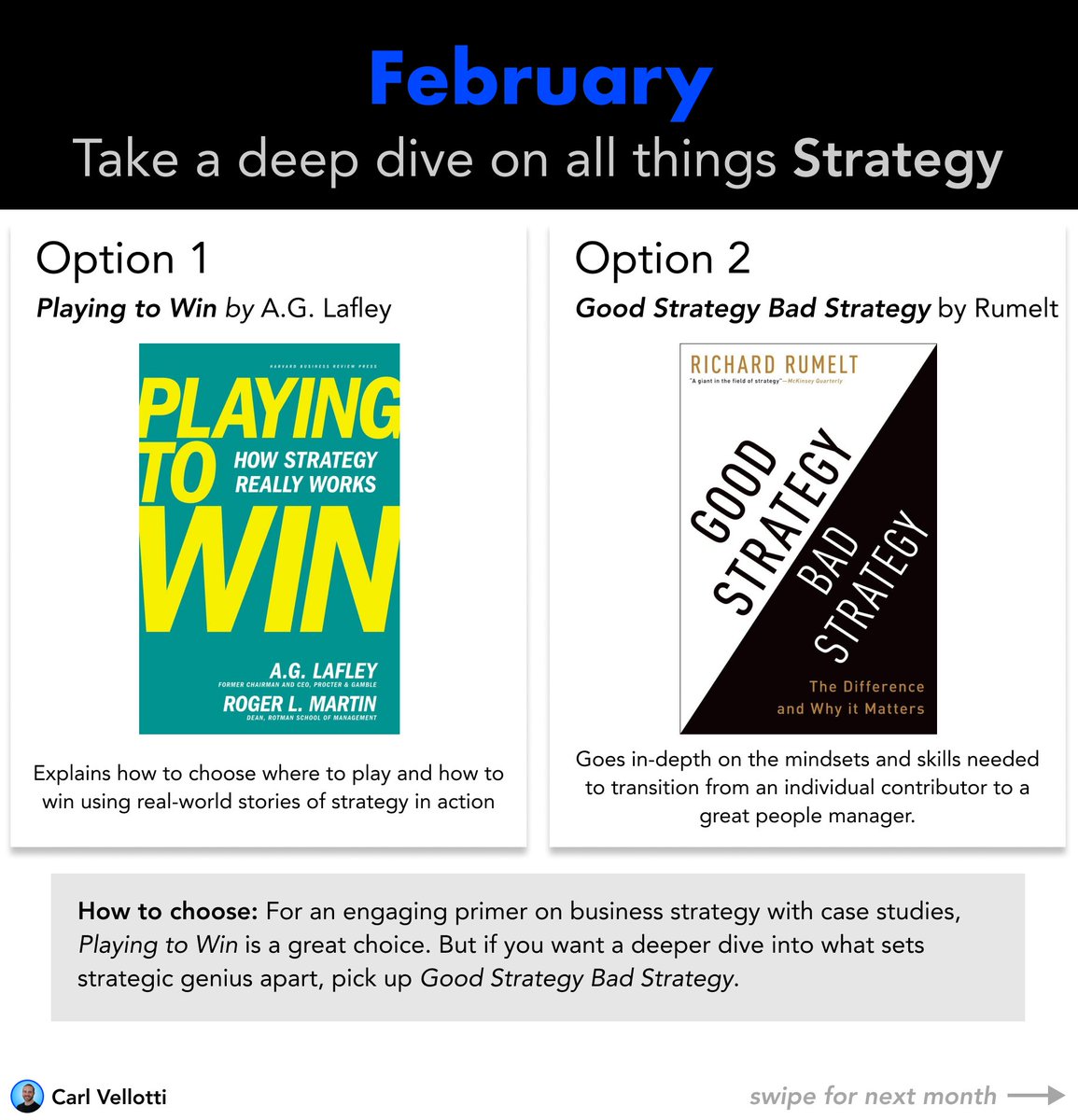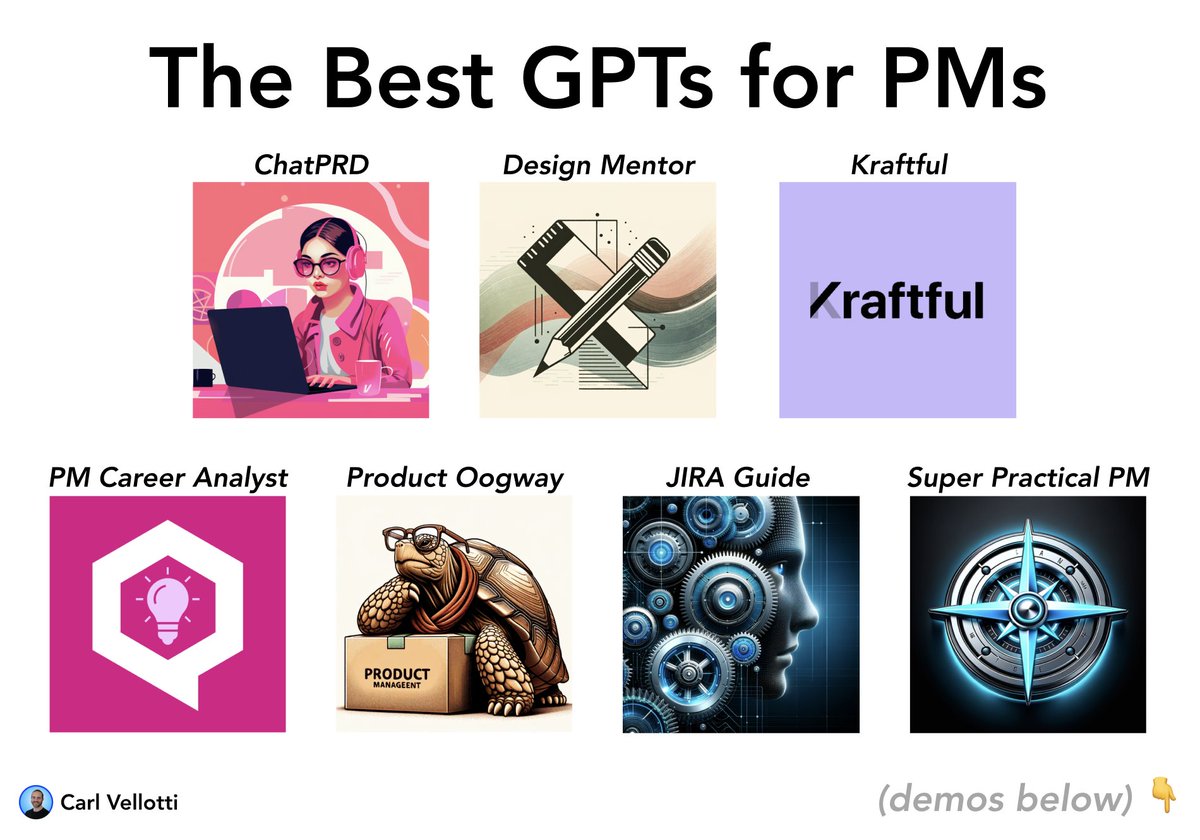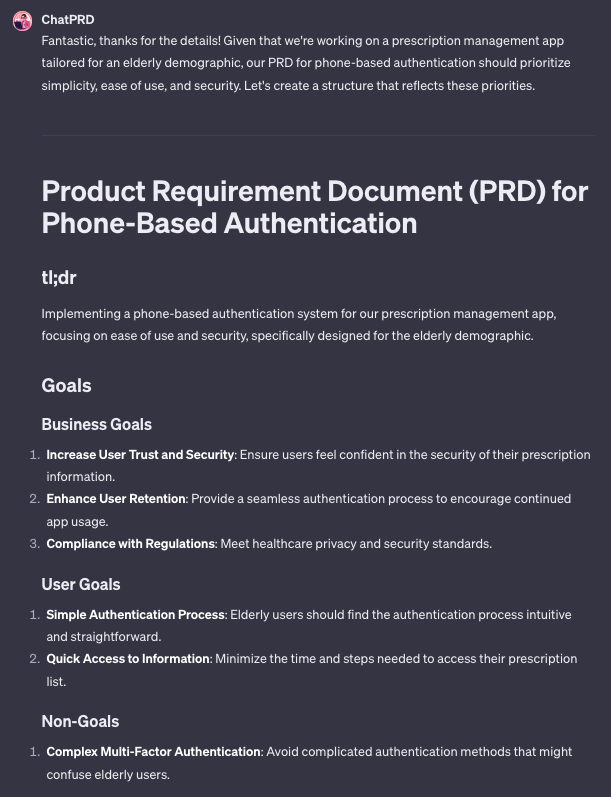
I build epic resources and give them away for free 💸 To help you build amazing things with AI 🛠️ Advanced product & AI content + lots of memes 🤣 Sr PM
5 subscribers
How to get URL link on X (Twitter) App


 First and foremost, like usual, you need to have a strong understanding of your user.
First and foremost, like usual, you need to have a strong understanding of your user.
 Notification Types
Notification Types
 ⚠️ BEWARE ⚠️
⚠️ BEWARE ⚠️
 1️⃣ Document Stakeholders and Their Concerns
1️⃣ Document Stakeholders and Their Concerns
 @nikitabier For context, Nikita is most famous for:
@nikitabier For context, Nikita is most famous for:https://twitter.com/3163739973/status/1811018742190485586

 Step 2) Understand the purpose of the 1-pager
Step 2) Understand the purpose of the 1-pager

 Quickly, here are a few examples of excellent flywheels.
Quickly, here are a few examples of excellent flywheels.

 𝗙𝗲𝗯𝗿𝘂𝗮𝗿𝘆: 𝗦𝘁𝗿𝗮𝘁𝗲𝗴𝘆
𝗙𝗲𝗯𝗿𝘂𝗮𝗿𝘆: 𝗦𝘁𝗿𝗮𝘁𝗲𝗴𝘆

 Let's agree:
Let's agree:
 Quickly, some context.
Quickly, some context.


 1. ChatPRD by @clairevo
1. ChatPRD by @clairevo



 Focusing solely on the practical side of things leaves your product feeling soulless and unmemorable.
Focusing solely on the practical side of things leaves your product feeling soulless and unmemorable.

 ACQUISITION 🔍🎯🤝
ACQUISITION 🔍🎯🤝

 💭 Dream Outcome
💭 Dream Outcome
 Quickly – the idea of this exercise:
Quickly – the idea of this exercise:
 Some ideas for different spaces you might want to create
Some ideas for different spaces you might want to create